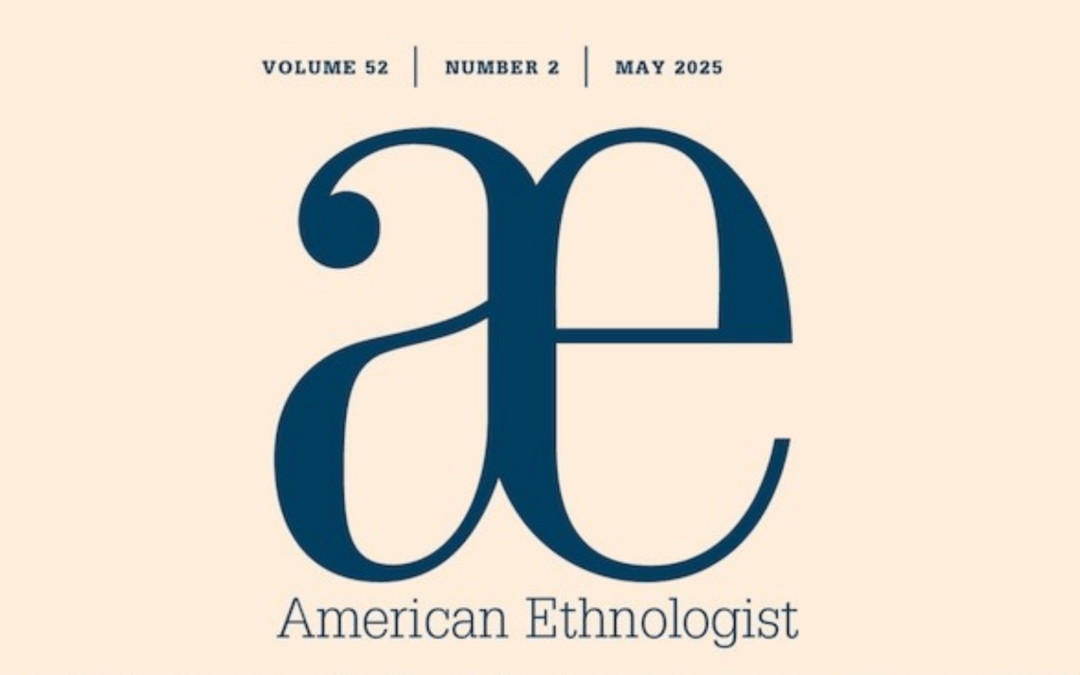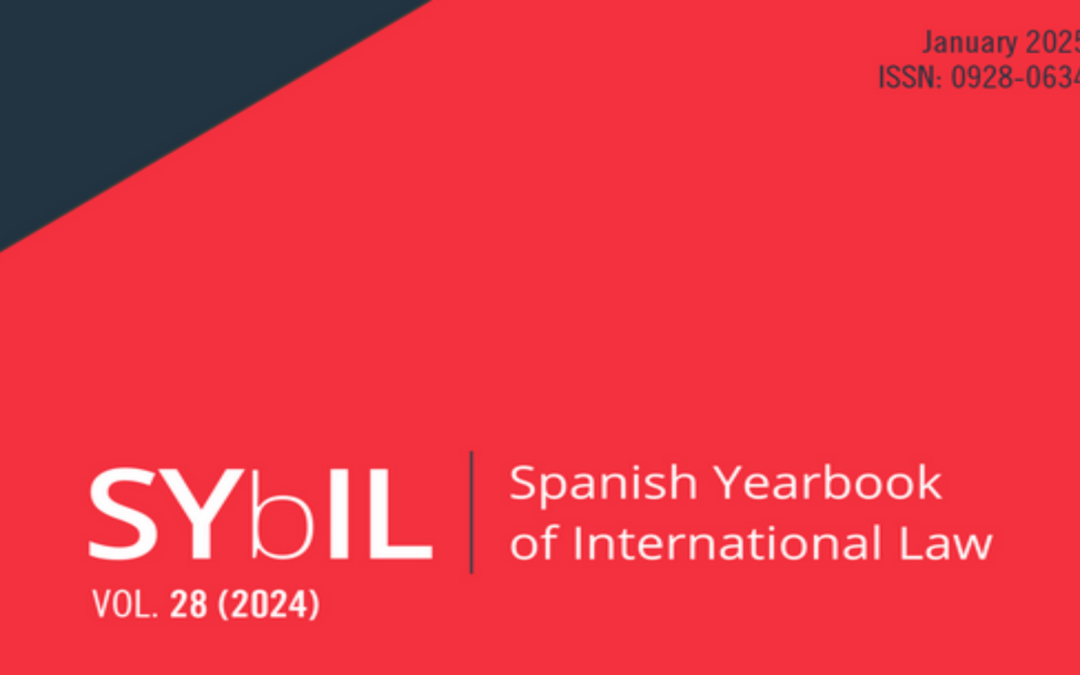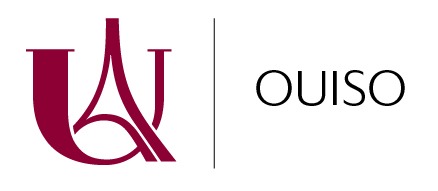Article by C. Fernandez, F. Alvarez and I. Lourenço about a Sahrawi student leader who was deported from Spain and arrested
“Líder estudiantil Saharaui será presentado ante el Juez de instrucción el 29 de enero” – 26.01.2019
Link to the article : https://porunsaharalibre.org/2019/01/26/lider-estudiantil-saharaui-sera-presentado-ante-el-juez-de-instruccion-el-29-de-enero/
Lahoucine Amaadour (Husein Bachir Brahim in Sahrawi) will appear before the investigating judge in Marrakech on 29 January. The young man was deported from the Canary Islands on 17 January after his asylum application was rejected in circumstances that have not yet been explained by the Spanish authorities. Upon his return, he was arrested by the Moroccan authorities and is currently being held in Oudaya prison near Marrakech.
Who is Lahoucine Amaadour / Husein Bachir Brahim?
Husein Bachir Brahim Saharaui was born on 3 January 1991 in Guelmin; he spent his childhood in El Aaiun, the capital of Western Sahara, until his family moved to Tan Tan. Like all Sahrawis, he has a ‘Moroccan’ name, Lahoucine Amaadour, imposed by the occupying authorities; This is his official name, which appears on all his documents.
In 2011/2012, he began studying public law at Ibn Zohr University in Agadir and was in his third year of law when he had to interrupt his studies due to harassment by the Moroccan authorities. Amaadour was known for his political activities and was one of the leaders of the Sahrawi Students’ Association, which defends students’ rights and also campaigns for the independence of Western Sahara.
Like all Sahrawi activists, this young student was also a victim of political harassment and intimidation by the Moroccan police.
Since 2016, Amaadour had been forced to avoid any public appearances. That was the year when students who were members of the El Uali group were arrested and sentenced to between three and ten years in prison. Ten of these students were released on 25 January 2019, at the end of their sentences. The Moroccan authorities issued a national arrest warrant for Amaadour with the aim of arresting him on the grounds that he is the leader of Sahrawi student organisations and demonstrations at the University of Agadir.
Arrival in Spain
In a desperate situation, Amaadour decided to cross the Atlantic on a boat with emigrants and on 11 January he reached the island of Lanzarote. Upon arrival, he was arrested by the Spanish police and immediately requested political asylum.
What happened next is unclear; the Spanish authorities made it difficult for Amaadour to speak to his family. After a phone call in which Amaadour said he was with a lawyer and would appear before a judge on 14 January, he received no further information until he learned that he was going to be deported. It remains to be verified whether or not he was brought before a judge, although it appears that he never appeared in court and did not have time to initiate any legal action.
The circumstances of this deportation must be clarified, as the refusal to grant asylum raises serious questions since Amaadour meets all the necessary conditions for asylum under Spanish and European law.
The young man went on hunger strike (without food or drink) until he was taken back to Nadour on 17 January. It is not known whether he received medical care during this period.
The Western Sahara Foundation (FUSO) was contacted to locate the young man, as he had not been in contact with his family for several days. One day after he was located, and while FUSO was looking for a lawyer to represent him, Amaadour was sent back to Morocco.
Return to Morocco
Upon his arrival in Nadour, the young man underwent an initial interrogation by the Moroccan authorities. According to information from his family, Amadoor refused to sign the documents presented to him because their content did not correspond to reality. The questions focused on his political and student activities, his opinion on the conflict in Western Sahara, and the names of Sahrawi activists he knew.
The same type of interrogation was repeated in Casablanca where, according to his family, Amaadour said he was beaten. Once again, he refused to sign the documents.
On 21 January, Amaadour was brought before the King’s investigating judge in Marrakech and imprisoned in Oudaya prison in Marrakech.
On 29 January, he will appear before the trial judge.
This detention comes just a few days before the release, on 25 January, of 10 students from the El Uali group who had been detained since 2016 (Nasser Amenkoura, Mustafa Burkah, Omar Laajna, Mohammed Rgueibi, Ali Shargui, Hamza Ramí, El Wafi Wakari, Ahmed Abba Ali, Ibrahim Almasih, Salek Baber). Omar Beijni will be released next March, while El Kantaoui Albar, Abedmoula Elhafidi, Aziz Aluahidi and Mohammed Dada, who were sentenced to 10 years in prison, still have seven years left to serve.
À lire aussi

Petition : 2 Sahrawi students unlawfully imprisoned
Press release from the Student Legal Aid Association (AJE) at Grenoble Alpes University "Free the Sahrawi students detained in Morocco! For several days now, a major social movement has been rocking Morocco. The protesters, many of whom...

“El Tribunal de Justicia de la UE se toma la auto-determinación en serio: reflexiones sobre las sentencias del 04.10.2024” (R.M. Carlos)
As the Polisario Front and Morocco are competing in a legal war through the European institutions, the Court of Justice of the European Union has finally decided to annul the trade agreements on agricultural and fishing products between...

“Sousveillance and Human Rights Activism in Moroccan-Occupied Western Sahara.”(D. Mark)
From the 1990s to 2020, human rights activism in Moroccan-occupied Western Sahara emerged through a process of familiarization before serving a new purpose: as a non-violent instrument in the broader struggle for Sahrawi...

N°28 (2024) of the Spanish Yearbook of International Law – Full version
Several articles of this paper revolve around Western Sahara : - "Morocco, occupying power of Western Sahara: some notes about Spain’s foreign legal policy, the role of the Spanish doctrine and the rule of law in international...
